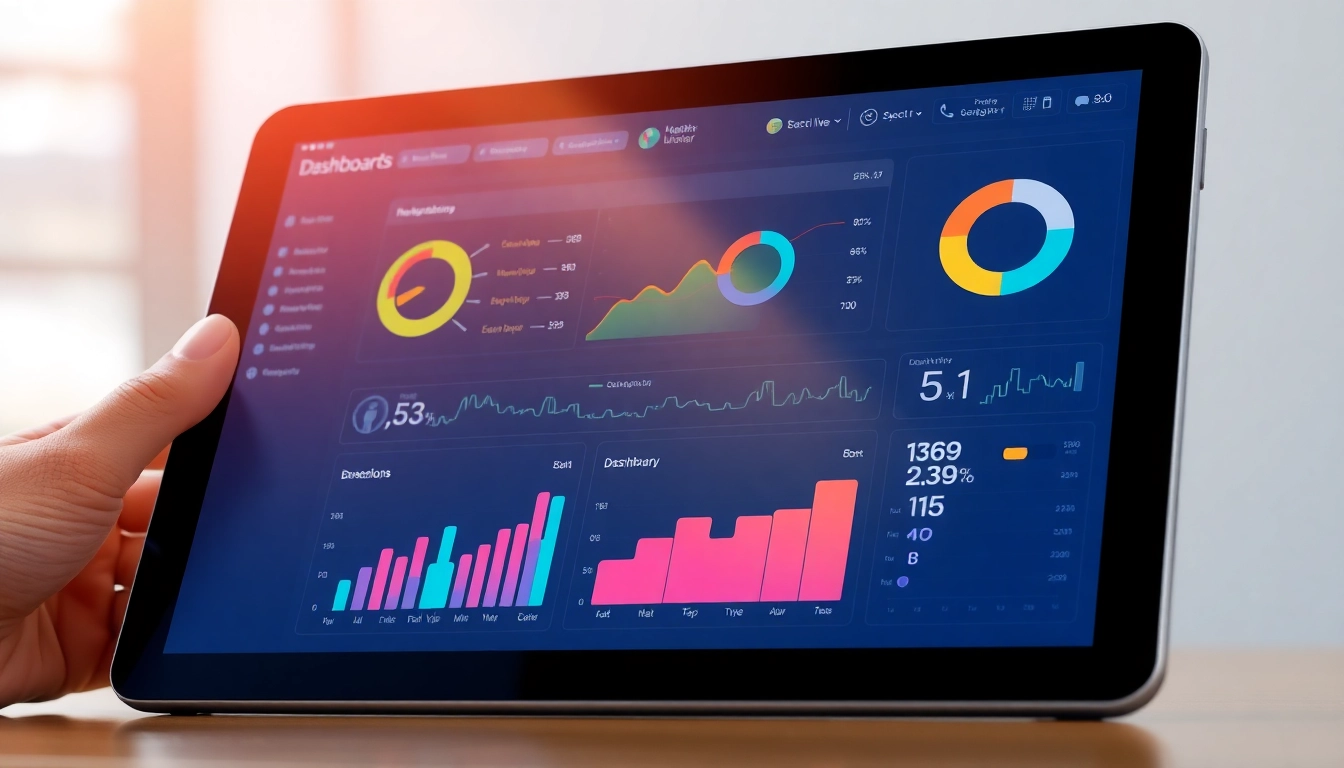Understanding Health Informatics
What is Health Informatics?
Health informatics encompasses a multidisciplinary field that integrates information technology, data analytics, and healthcare to improve patient care and outcomes. It is fundamentally the science of how to use data, information, and knowledge to enhance health services and the efficiency of healthcare systems. This field utilizes a variety of tools and methodologies to manage and analyze health information. The emergence of electronic health records (EHRs), telemedicine, and data analytics exemplifies how health informatics can streamline processes and provide significant improvements in patient care delivery.
The Importance of Health Informatics
The significance of health informatics cannot be overstated. By effectively harnessing data, informatics plays a crucial role in clinical decision-making, operational management, and improving patient outcomes. It helps healthcare providers to identify trends, enhance care coordination, and optimize resource utilization. Moreover, informatics promotes patient engagement by facilitating access to health information. Ultimately, health informatics acts as a bridge between technology and healthcare, ensuring that advancements in IT translate to tangible benefits in human health.
Key Concepts in Informatics
Several foundational concepts underpin health informatics, including:
- Data Integration: Merging diverse data sources to create comprehensive health records.
- Clinical Decision Support Systems (CDSS): Tools that provide health professionals with clinical knowledge to enhance decision-making.
- Health Information Exchange (HIE): The electronic movement of health information across organizations.
- Telehealth Technologies: Remote technologies enabling healthcare delivery and consultation.
- Analytics: Predictive analytics used to improve population health by identifying risk factors and preventing diseases.
Applications of Health Informatics
Technology in Patient Care
Health informatics technologies have transformed the landscape of patient care. Applications such as telemedicine allow for remote consultations, which have proven essential, particularly during the COVID-19 pandemic. Other technologies, such as wearable devices, collect patient data in real-time, promoting proactive monitoring and management of health conditions. For example, diabetic patients utilizing continuous glucose monitors can receive alerts and insights directly to their smartphones, thereby facilitating timely interventions.
Data Management Systems
Data management systems form the backbone of health informatics. They facilitate the collection, storage, retrieval, and sharing of health data. Electronic health records (EHRs) provide a digital version of patients’ paper charts and improve the accessibility of patient information across healthcare settings. These records not only streamline operations but also improve communication among healthcare providers, ensuring continuity of care. Case studies show substantial reductions in medical errors and enhanced patient safety when utilizing robust data management systems.
Case Studies of Success
Many institutions have reaped the rewards of integrating informatics into their operations. For instance, a study from the www.informaticsview.com platform highlighted how a mid-sized hospital implemented a clinical decision support system leading to a 30% decrease in medication errors. Moreover, a large healthcare network successfully employed a health information exchange, significantly improving care continuity and patient satisfaction scores. The success stories underscore the transformational potential of informatics in redesigning healthcare delivery.
Challenges in Health Informatics
Data Security Concerns
With the integration of more sophisticated technologies comes the paramount challenge of data security. Health records contain sensitive personal information, making them attractive targets for cyberattacks. Institutions must prioritize robust cybersecurity measures to safeguard patient data. This includes implementing encryption, regular security audits, and ensuring compliance with regulations like HIPAA. Educating staff on data protection practices can also mitigate risks associated with human error.
Integration of New Technologies
The rapid pace of technological advancements presents integration challenges for many healthcare organizations. Legacy systems may not easily adapt to newer informatics tools, which can create inefficiencies. Organizations should adopt a phased approach to technology adoption, which includes thorough testing and staff training. Engaging stakeholders in the selection and customization of technologies can enhance buy-in and ease transitions.
User Adoption Challenges
Even the best-designed health informatics systems are ineffective without user adoption. Many healthcare professionals may resist change due to workflow disruptions or lack of training. To overcome this, clinics and hospitals should provide comprehensive training programs designed to familiarize staff with new systems. Involving end-users in the planning stages can bolster acceptance and ensure the new tools align with actual practice needs.
The Future of Health Informatics
Trends Shaping the Industry
Looking ahead, several key trends are poised to shape the future of health informatics. The utilization of big data analytics will facilitate more personalized medicine approaches, tailoring treatments based on individual patient data. Additionally, the shift towards value-based care is encouraging health systems to find innovative informatics solutions that monitor and enhance patient outcomes effectively. Emerging technologies such as digital therapeutics and the Internet of Medical Things (IoMT) will also play pivotal roles in shaping future practices.
Impact of Artificial Intelligence
Artificial intelligence (AI) is set to revolutionize health informatics. AI algorithms can analyze massive datasets beyond human capacity, identifying patterns that clinicians may overlook. Applications of AI range from predictive analytics in identifying at-risk patients to automating administrative workflows. Such advancements can enhance efficiency and allow healthcare professionals to focus more on direct patient care rather than administrative tasks.
Emerging Technologies to Watch
As technology continues to evolve, several innovations warrant attention, including blockchain for secure health data exchange, advanced telehealth capabilities (like virtual reality for patient simulations), and the rising use of mobile health (mHealth) applications. These technologies promise to enhance patient engagement, streamline operations, and offer novel healthcare solutions that are more accessible and efficient.
Getting Involved in Health Informatics
Career Opportunities
The field of health informatics is burgeoning, creating numerous career opportunities across various roles. Positions range from informaticians specializing in clinical data to data analysts and health IT project managers. The growth of telehealth and personalized healthcare has also led to increased demand for roles focusing on technology implementation and data safeguarding. According to reports, job growth in health informatics is expected to surpass the average growth rate for all occupations, making it an opportune time to enter the field.
Essential Skills for Professionals
Successful careers in health informatics require a blend of technical and interpersonal skills. Key competencies include:
- Data Analytics: Ability to interpret complex data sets and derive actionable insights.
- Technical Proficiency: Familiarity with EHR systems, clinical decision support systems, and data management tools.
- Communication Skills: Clear communication is essential for conveying technical information to non-technical staff.
- Regulatory Knowledge: Understanding healthcare laws and regulations governing data usage and privacy.
- Problem-solving Skills: Innovating solutions to improve healthcare processes and patient outcomes.
Relevant Educational Programs
Many educational institutions offer programs in health informatics, providing a pathway into this dynamic field. Degrees range from associate to master levels, focusing on subjects like data science, health policy, and information systems. Furthermore, certifications in clinical informatics can bolster a professional’s credentials, demonstrating their expertise and dedication to evolving healthcare standards.



